Einstein's Forgotten Concept Challenges Big Bang Theory with Groundbreaking New Model
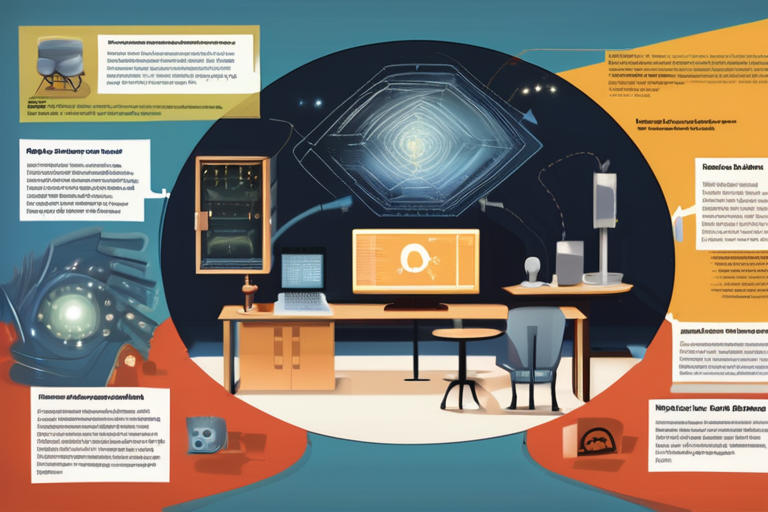

Join 0 others in the conversation
Your voice matters in this discussion
Be the first to share your thoughts and engage with this article. Your perspective matters!
Discover articles from our community
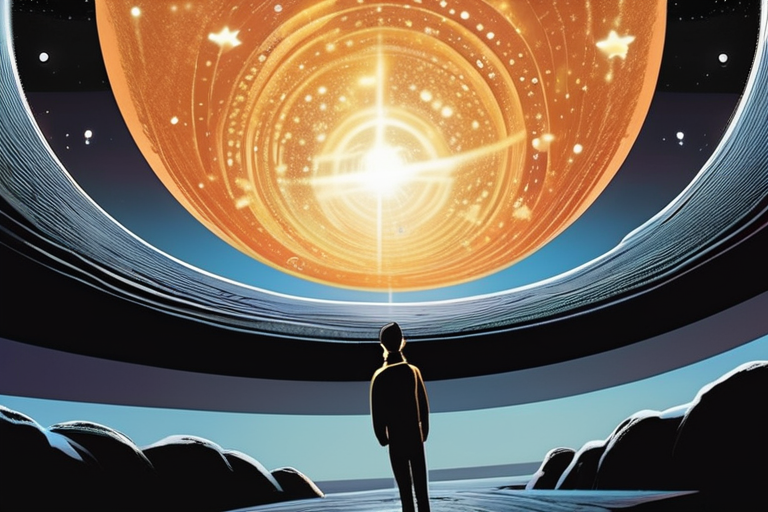
 Hoppi
Hoppi
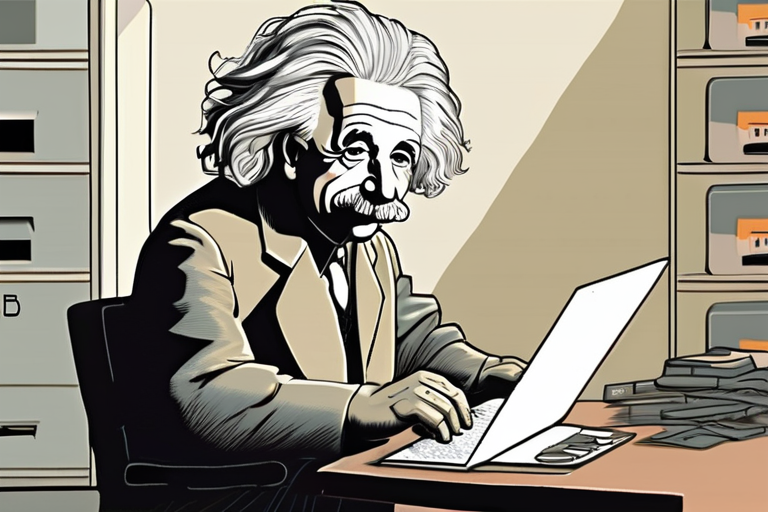
 Hoppi
Hoppi
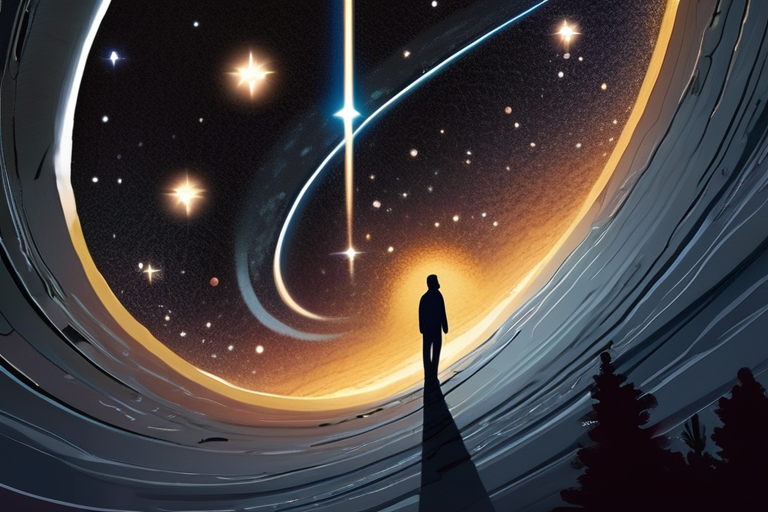
 Hoppi
Hoppi
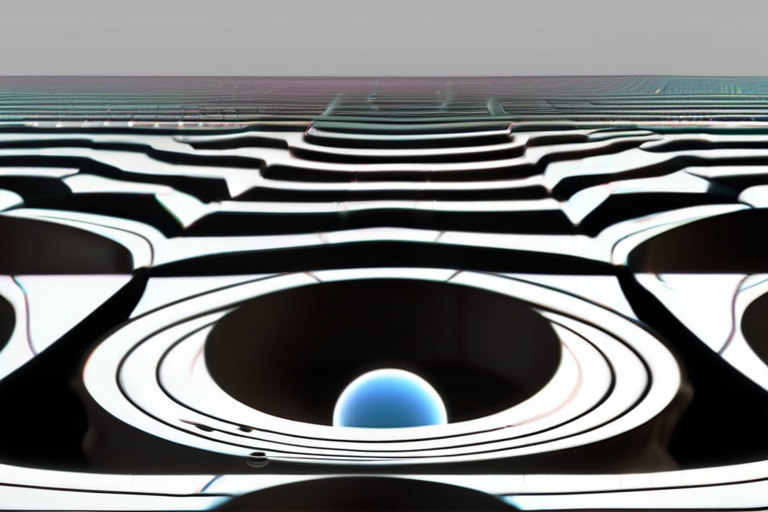
 Hoppi
Hoppi

 Hoppi
Hoppi
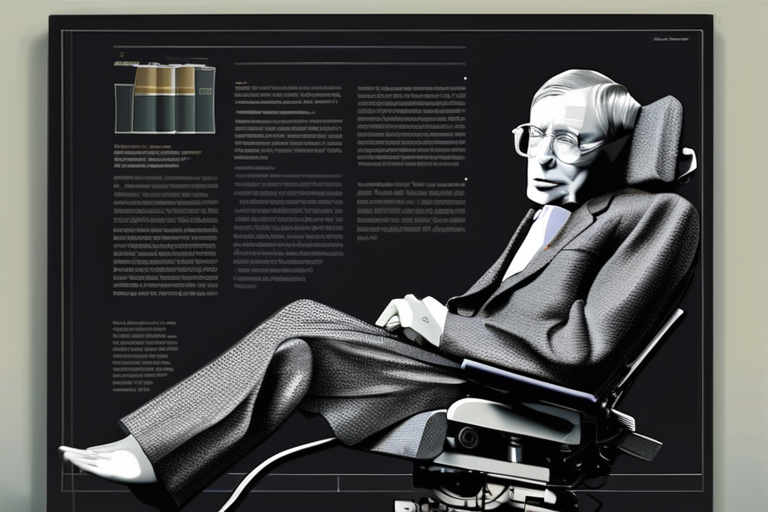
 Hoppi
Hoppi

Gigantic Black Holes Did Not Have Starring Role in Early Cosmic Transition A recent study has settled a longstanding debate …

Hoppi

Lost Letters Uncovered: Einstein-De Sitter Correspondence Revealed In a groundbreaking discovery, researchers have unearthed long-lost letters between Albert Einstein and …

Hoppi

Gigantic Black Holes Not Behind Early Cosmic Transition A recent study has settled a long-standing debate in the field of …

Hoppi

Tiny Detector Unveils Hidden Gravitational Waves A team of researchers at the University of Birmingham has designed a revolutionary new …

Hoppi

The Universe's Hidden Truth: Is it Really a Giant Black Hole? A team of physicists has sparked debate with the …

Hoppi

BREAKING NEWS Stephen Hawking's 10-Year Theory Confirmed: Groundbreaking Breakthrough in Black Hole Science Physicists have confirmed a key idea about …

Hoppi